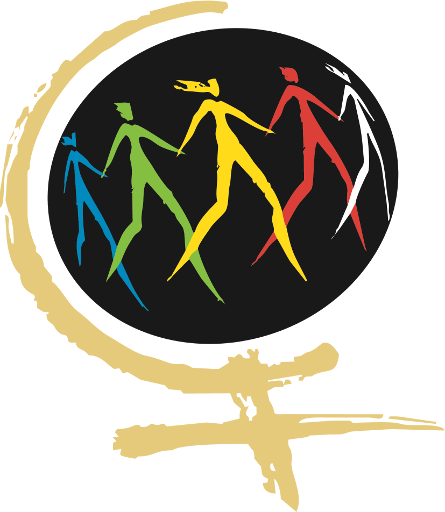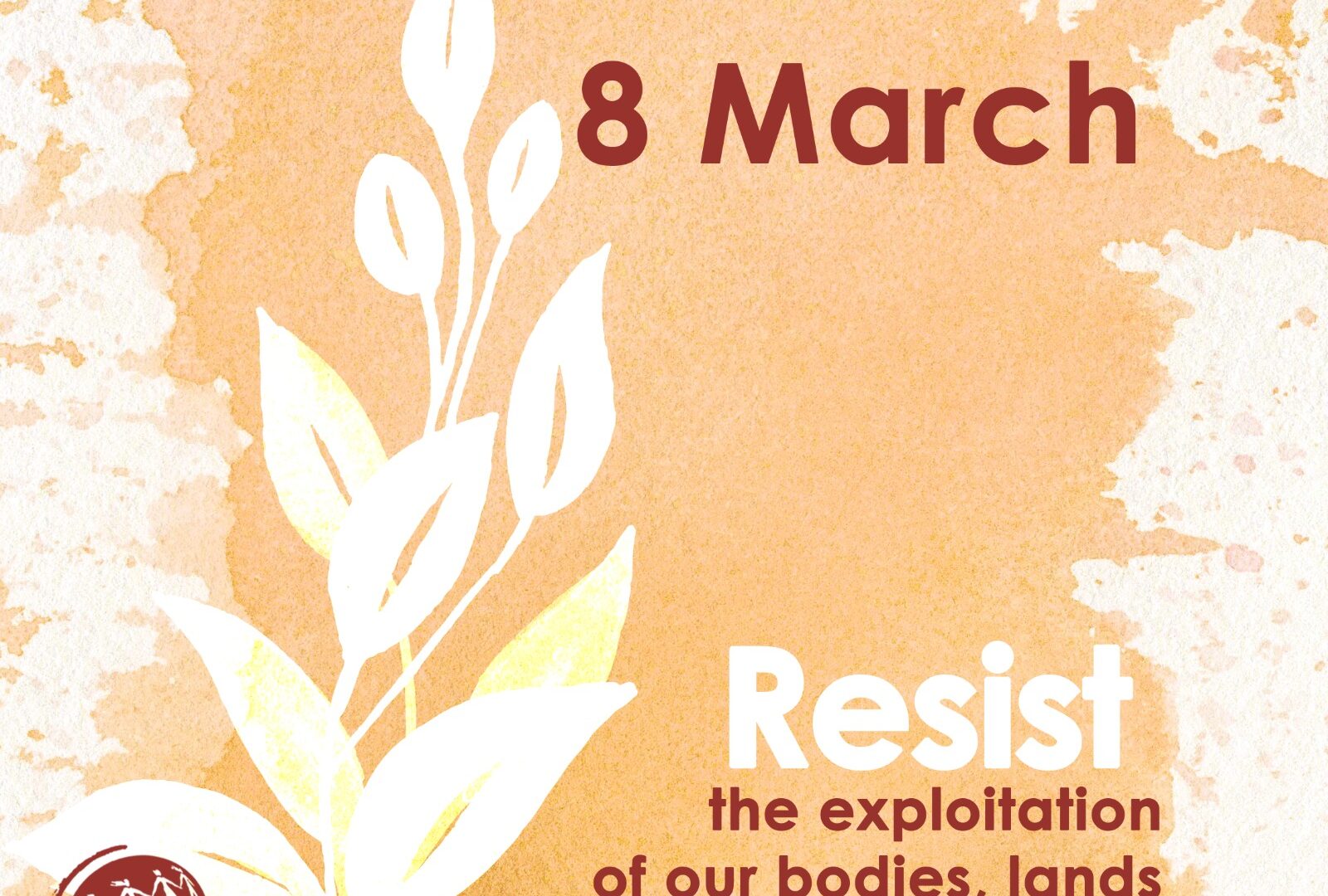Resist the exploitation of our bodies, lands and the imposition wars!
For the last 25 years, under the umbrella of the World March of Women, women from all over the world have been weaving resistance to a system that is based on the exploitation of our bodies, the invisibility and precarious nature of our jobs, the plundering of our land and the imposition of war in all its forms.
This 8 March, we take to the streets to demand an end to aggression against peoples around the world, and especially the Palestinian people. In recent months, we have witnessed the Zionist state of Israel’s determination to wipe out Palestine’s healthcare, food production, water treatment and education infrastructure. We raise our voices to condemn what is happening in Gaza, the West Bank and the territories bordering Israel as genocide, as the perverse acts of a racist, colonialist government.
We condemn the stance of the European Union and the United States in the strongest terms. They are accomplices to these barbaric acts, which are comparable to apartheid in South Africa or Nazi extermination policies.
We encourage and appreciate the courageous stance taken by governments that have spoken out in international courts and we join the global call for the genocide to end and the right of Palestine to a sovereign state and territory to be respected and guaranteed.
We recognise and support the Palestinian people’s legitimate right to self-defence. After more than 70 years of occupation and violations of their most basic human rights, no one can expect the Palestinian people to behave like passive victims awaiting sacrifice.
Unfortunately, Palestine is far from the only place in the world where women and people are suffering.
As feminists, we mobilise this 8 March to condemn imperialism, global corporatism and their cruellest manifestations: armed conflicts, attacks and wars.
The list of conflicts around the world grows longer by the day, although the mass media report on very few of them. War, conflict and militarisation are normalised through a system of multiple
capitalist, patriarchal, colonial and racist oppressions and used as mechanisms to escape crises, energise economies and guarantee profit.
Territories in Africa, Asia, Oceania and America are militarised to serve the economic interests of global elites and transnational corporations. Where militarisation occurs, violence against women has been shown to increase, and where transnational powers take hold, human trafficking and sexual exploitation of women and children rise.
This is why we condemn human rights violations this 8 March, especially the violation of women’s rights to live free of violence, find decent work and make their own decisions concerning their bodies and lives.
We condemn the advance of religious fundamentalisms and their anti-rights agenda against women, dissidents and the working class, as well as their criminal alliance with racist, colonialist capitalism. We stand in solidarity with feminist activists and journalists who have been unjustly deprived of their freedom and are imprisoned in many countries.
We wish to express our solidarity with our sisters in Cuba, Venezuela, Western Sahara and other parts of the world, who suffer blockades, sanctions and violence day after day.
To mark International Working Women’s Day, this 8 March, more than ever, we defend the vital nature of work as the only process capable of generating wealth. We emphasise that work is not limited to producing goods for the markets, but encompasses all the activities that we carry out to sustain our communities and life in general.
We highlight the work of millions of women who are resisting the climate crisis and creating real alternatives to end hunger, preserve cultural richness and defend the commons.
Once again, we reaffirm the internationalist nature of our struggle and the grassroots, communitarian, working class basis of our feminism. We recognise that our greatest strength is our ability to continue to build and unite around common agendas while acknowledging and respecting our diversity.

